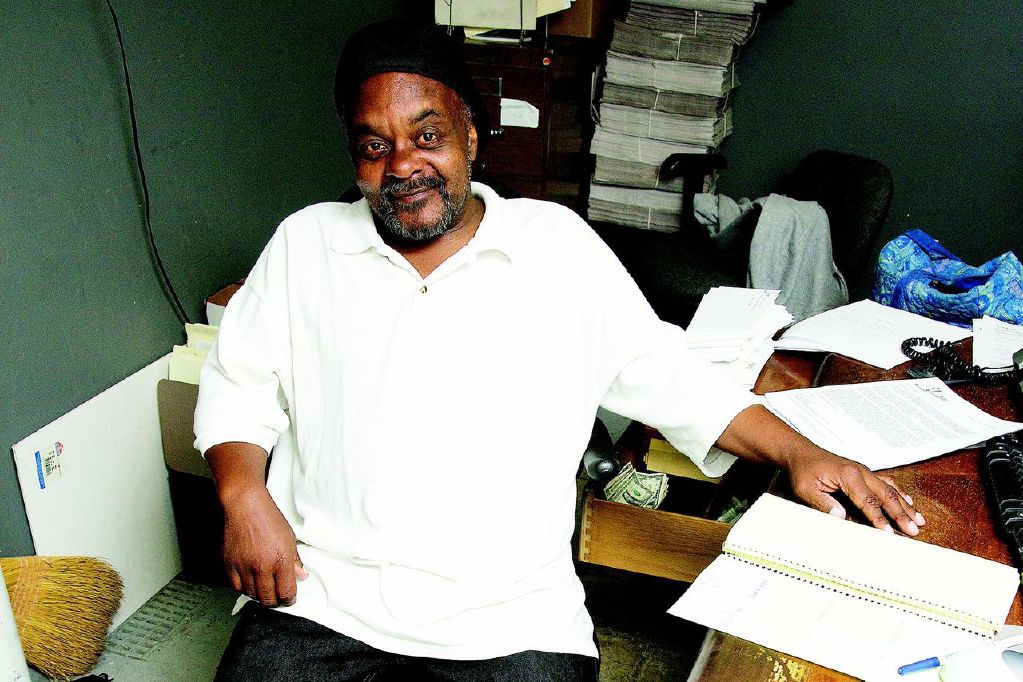Last week homeless activists got some sobering news: two transitional programs have been shut down. Project SOAR and Safe Harbor are gone. Just like that, bang, both programs, which have been highly successful, have been shut down.
But wait, I’m getting ahead of myself.
What exactly is a transitional program, you ask? It’s pretty simple: a homeless person goes into a transitional program, which consists of a bed, meals and, in some cases, their own room. While they’re there, they’re required to save money, and they can apply for housing, go back to school, work and get help finding permanent housing. It also gives them a warm, safe environment where they don’t need to worry where they’re going to sleep at night. It gives them a chance to get their lives in order and reintegrate into society. Such programs have a high rate of success.
Why would the city want to shut this down? I may have an answer: HUD. Like I said in my last column, the agency known as Housing and Urban Development continuously comes up with ways to avoid spending the money that’s needed to actually address homelessness and poverty. According to the Boston Public Health Commission, which oversees homeless programs in Boston, the reason these two highly successful programs are being shut down is that HUD has cut all funding for transitional programs and is putting all its resources into Housing First and Rapid Rehousing (I have an issue with both of those programs, but that’s an argument for another day).
Let me tell you what I think. HUD, not wanting to spend more money than it needs to, is willing to cut programs that work and to warehouse people in 5-by-7 rooms and be done with it. Homeless problem solved. Oh, and by the way, the grand total to keep these programs open is $800,000 per year, which is a drop in the bucket to the federal government, and we all know where that money is going—to the military—but hey, what’s another AK-47 among friends? Boston’s chief of housing and neighborhood development, Shelia Dillon, said they trying to push back against HUD. (How hard did the city actually push?) But they had to follow the guidelines. Here’s a fun fact: the City knew this was going to happen for two years. Miss. Dillon would also like you to know that the City is moving quickly to house people, including the people in these transitional facilities.
Well, I should hope so. After all, to his honor, the mayor intends to end chronic homelessness by 2018. (Yes, that was sarcasm you heard.) Bottom line: there’s absolutely no reason to shutter these programs.
IT MAKES NO SENSE.

Leave a Reply
You must be logged in to post a comment.